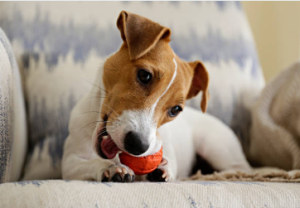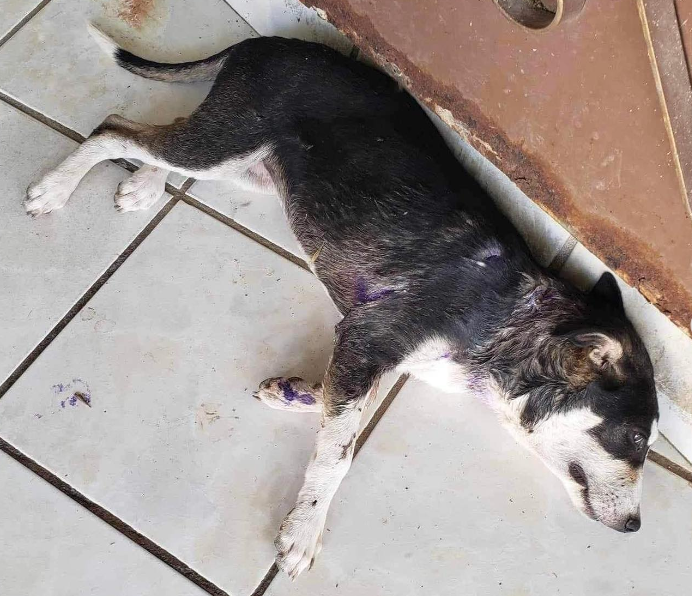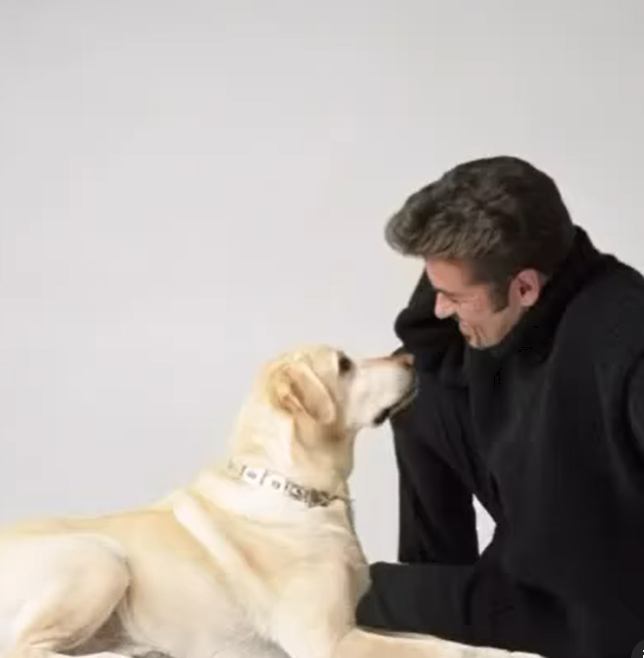Bowel Obstruction in Dogs: Sign, Causes, Treatment and Prevention
A bowel obstruction in dogs is a severe medical condition that occurs when something blocks the passage of food and other material through the digestive tract. This can happen anywhere along the digestive tract, from the stomach to the colon. Various factors, including foreign bodies, tumors, hernias, and parasites, can cause bowel obstructions.
Signs of Bowel Obstruction in Dogs
The signs of bowel obstruction in dogs can vary depending on the location and severity of the blockage. However, some common symptoms include:
- Vomiting
- Diarrhea
- Constipation
- Abdominal pain
- Bloating
- Loss of appetite
- Lethargy
- Whining or crying
- Hunching over
- Straining to defecate
- Inability to defecate
If you notice these signs in your dog, you must immediately take them to the veterinarian. Bowel obstructions can be a life-threatening condition if not treated promptly.
Causes of Bowel Obstruction in Dogs
The most common cause of bowel obstruction in dogs is foreign body ingestion. Dogs are curious creatures and like to explore their surroundings with their mouths. This can sometimes lead them to eat things they shouldn’t, such as bones, toys, rocks, string, or fabric.
Other causes of bowel obstruction in dogs include:
- Tumors
- Hernias
- Parasites
- Intussusception (a condition in which one part of the intestine telescopes into another part)
- Volvulus (a condition in which the intestine twists on itself)
- Strictures (narrowing of the intestine)
Treatment of Bowel Obstruction in Dogs
The treatment for a bowel obstruction in dogs will depend on the cause and severity of the blockage. Sometimes, the block may pass on its own with supportive care. However, surgery may be necessary to remove the blockage in other cases.
If your dog’s veterinarian determines that surgery is necessary, they will make an incision in your dog’s abdomen and carefully locate the blockage. Once the backup is found, the veterinarian will remove it and repair any damage to the intestine.
After surgery, your dog must stay in the hospital for a few days to recover. They will be given intravenous fluids and antibiotics to prevent infection during this time. They will also be monitored for signs of complications, such as pain, bleeding, and disease.
Prevention of Bowel Obstruction in Dogs
If you have a dog prone to chewing on things, give them chew toys designed for dogs. These toys are less likely to splinter or break and cause a blockage.
You should also avoid giving your dog bones, especially cooked bones. Cooked bones can splinter and become lodged in your dog’s digestive tract.
Finally, be sure to keep your dog’s vaccinations up to date. This will help to protect them from parasites, such as roundworms, which can cause bowel obstructions.
Additional Information
Bowel obstructions can be a severe medical condition in dogs, but most dogs fully recover with prompt treatment. However, some dogs may be at increased risk for bowel obstructions, such as:
- Puppies
- Older dogs
- Dogs with certain medical conditions, such as inflammatory bowel disease and cancer
- Dogs that are prone to chewing on things
Talk to your veterinarian if you have any concerns about your dog’s risk of developing a bowel obstruction. They can help you to create a plan to prevent this condition from happening to your dog.
Here are some additional tips for preventing bowel obstructions in dogs:
- Feed your dog a high-quality diet appropriate for their age and breed.
- Avoid giving your dog table scraps.
- Pick up your dog’s yard regularly.
- Keep your dog away from trash cans and compost bins.
- Be mindful of the toys and treats that you give your dog.
- Teach your dog the “leave it” command.
If you suspect your dog has a bowel obstruction, it is vital to take them to the veterinarian immediately. Early diagnosis and treatment are essential for a full recovery.


